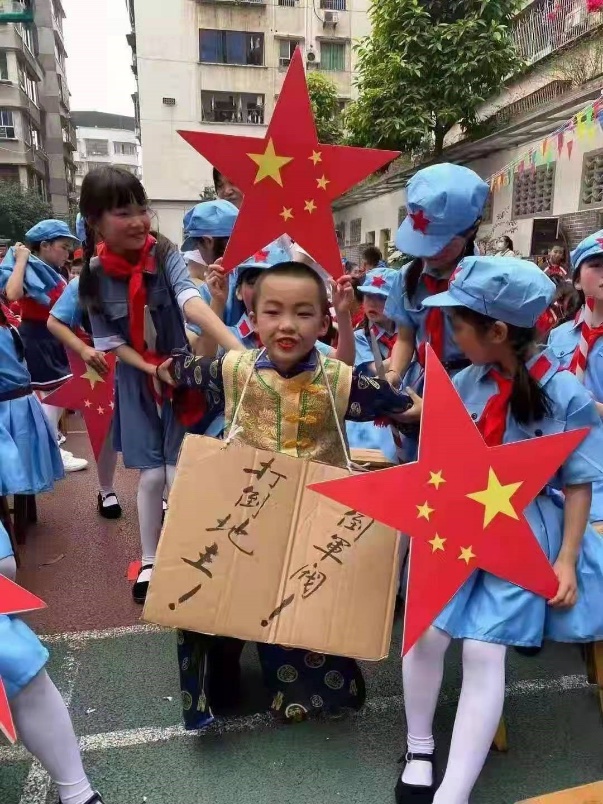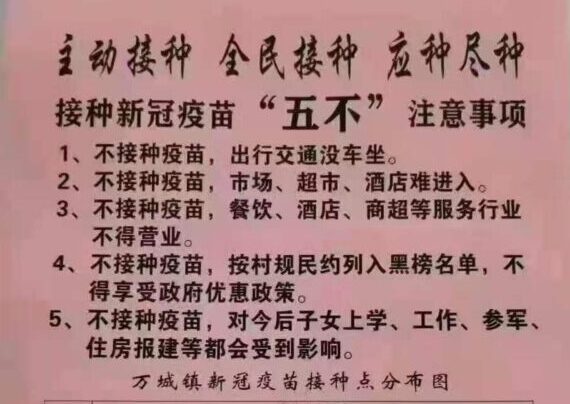A select quotation from the Confucian Analects (Zǐlù 13.18):
Shè gōng yù Kǒngzǐ yuē:`Wú dǎng yǒu zhígōng zhě, qí fù rǎng yáng, ér zi zhèng zhī. 'Kǒngzǐ yuē:`Wú dǎng zhī zhí zhě yì yú shì. Fù wèi zi yǐn, zi wèi fù yǐn, zhí zài qí zhōng yǐ.'
葉公語孔子曰:「吾黨有直躬者,其父攘羊,而子證之。」孔子曰:「吾黨之直者異於是。父為子隱,子為父隱,直在其中矣。」
The Duke of She informed Confucius, saying, "Among us here there are those who may be styled upright in their conduct. If their father have stolen a sheep, they will bear witness to the fact." Confucius said, "Among us, in our part of the country, those who are upright are different from this. The father conceals the misconduct of the son, and the son conceals the misconduct of the father. Uprightness is to be found in this." (trans. James Legge)
Read the rest of this entry »


